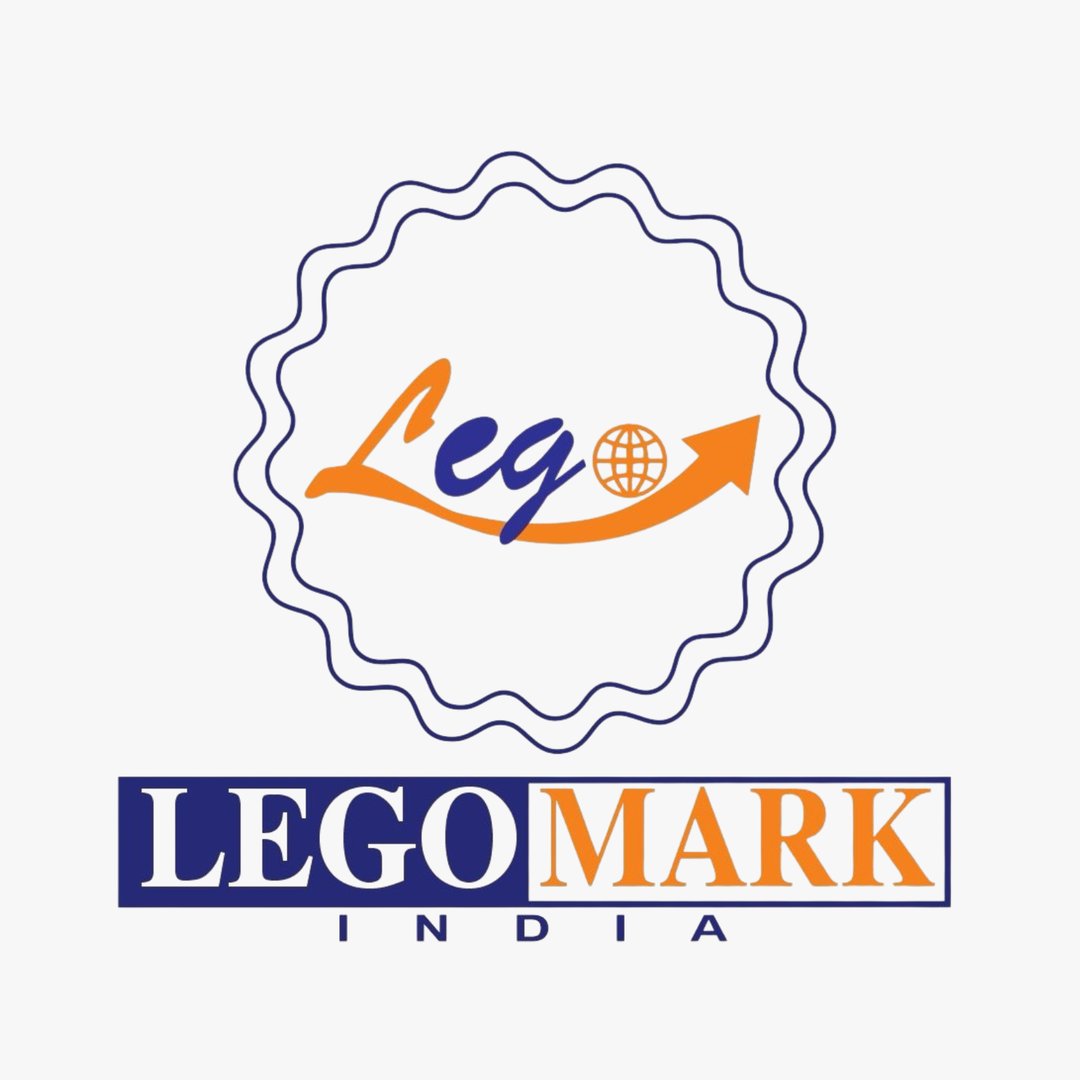A trademark is a valuable asset that can provide long-term protection for your brand. However, trademark rights are not indefinite, and they can be lost under certain circumstances. At LegoMark India, we’re here to help you understand how trademarks can be lost through abandonment or cancellation, and what you can do to protect your rights. In this blog, we’ll explore the key reasons why trademarks are lost, how to avoid common pitfalls, and how LegoMark India can help you maintain your trademark.
How Can You Lose a Trademark?
Trademark rights can be lost in several ways, including:
- Abandonment: When the trademark owner stops using the mark.
- Cancellation: When a third party challenges the validity of the trademark.
- Failure to Renew: When the trademark owner fails to renew the registration.
- Genericide: When the trademark becomes a generic term for the product or service.
Let’s explore each of these scenarios in detail.
1. Abandonment
Abandonment occurs when the trademark owner stops using the mark with no intention to resume use. In most jurisdictions, including India, a trademark is considered abandoned if it is not used for a continuous period of five years.
Key Points to Remember:
- Non-Use: The trademark must not be used in commerce for the specified period.
- Intent to Resume Use: If the owner can prove an intention to resume use, the trademark may not be considered abandoned.
How to Avoid Abandonment:
- Use your trademark consistently in connection with your goods or services.
- Keep records of your trademark use, such as sales receipts, advertising materials, and packaging.
- If you need to stop using the trademark temporarily, document your intention to resume use.
2. Cancellation
Cancellation occurs when a third party challenges the validity of your trademark. This can happen for several reasons, including:
- Non-Use: If the trademark has not been used for a continuous period of five years, a third party can file for cancellation.
- Fraudulent Registration: If the trademark registration based on false or misleading information, it can be canceled.
- Likelihood of Confusion: If a third party can prove that your trademark is confusingly similar to theirs, they may seek cancellation.
- Genericness: If the trademark has become a generic term for the product or service, it can be canceled.
How to Avoid Cancellation:
- Use your trademark consistently and prominently in commerce.
- Ensure your trademark is distinctive and not merely descriptive.
- Monitor for potential conflicts with existing trademarks.
- Respond promptly to any cancellation petitions or legal challenges.
3. Failure to Renew
Trademark registrations are not indefinite. In India, a trademark registration is valid for 10 years and must be renewed every 10 years thereafter. If you fail to renew your trademark, it will be canceled, and you will lose your rights.
How to Avoid Failure to Renew:
- Keep track of your trademark renewal deadlines.
- Set reminders to file your renewal application on time.
- Work with a trademark attorney to ensure your renewal is filed correctly.
At LegoMark India, we offer trademark renewal services to help you maintain your registration without interruption.
4. Genericide
Genericide occurs when a trademark becomes so widely used that it becomes a generic term for the product or service. Examples of trademarks that have become generic include:
- Aspirin: Originally a trademark of Bayer, now a generic term for acetylsalicylic acid.
- Escalator: Originally a trademark of Otis Elevator Company, now a generic term for moving staircases.
- Thermos: Originally a trademark of Thermos LLC, now a generic term for vacuum flasks.
How to Avoid Genericide:
- Use your trademark as an adjective, not a noun. For example, say “Kleenex tissues” instead of “Kleenex.”
- Educate consumers and the media about the proper use of your trademark.
Take legal action against unauthorized use of your trademark as a generic term
Real-Life Examples of Lost Trademarks
How LegoMark India Can Help
At LegoMark India, we specialize in helping businesses protect and maintain their trademarks. Our services include:
Conclusion
Trademark rights are not indefinite, and they can be lost through abandonment, cancellation, failure to renew, or genericide. By understanding these risks and taking proactive steps to protect your trademark, you can ensure that your brand remains strong and enforceable. At LegoMark India, we’re here to help you navigate the complexities of trademark law and maintain your rights.
Don’t let your trademark become another cautionary tale. Let LegoMark India help you protect and enforce your trademark rights. Contact us today to get started!













